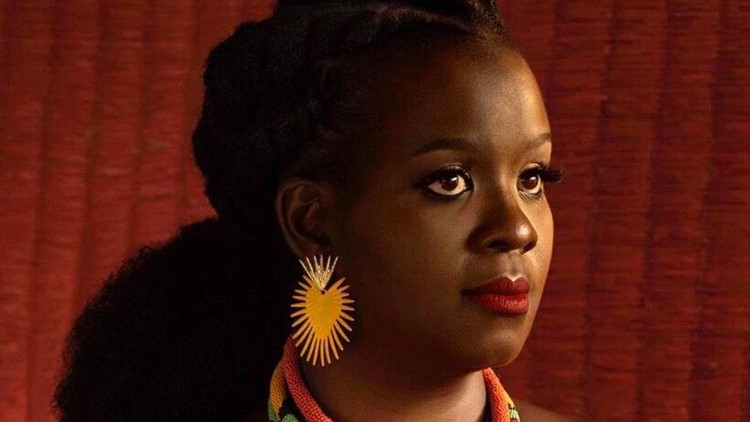To begin the story, it makes sense to ask who Miriam Makeba was and why should people care about her life?
According to Grammy-nominated jazz vocalist Somi Kakoma, Makeba was “one of the greatest voices of the 20th century.”
Born on March 4, 1932 in Johannesburg, South Africa to a Swazi mother and a Xhosa father, she became prominent to the people of the Sophiatown district of Johannesburg in the 1950s before professionally singing with the Manhattan Brothers and the Skylarks.
Makeba, nicknamed “Mama Africa” was the first African artist to achieve international commercial success and was the first African artist to win a Grammy award.
Her professional relationship and mentorship with Harry Belafonte proved she was a force to reckon with in the industry. Another beloved artist she befriended was the late incomparable Nina Simone.
Not only did she accomplish impressive milestones in music, she was also a major supporter the anti-apartheid movement. She was introduced to activism by her ex-husband Stokely Carmichael, (a member of The Black Panther Party) who later changed his name to Kwame Ture.
Ture’s leadership silenced her career in the United States and she was blacklisted at the height of the civil rights movement.
The same issue plagued her in her native country. She was exiled for speaking out against apartheid and eventually moved to West Africa with Ture. They divorced; she was married three other times and those marriages also ended in divorce.
Makeba died in 2008 at age 76 after suffering a heart attack following a concert in Italy.
Kakoma, writer, and star of Dreaming Zenzile, a live production about Makeba’s life directed by Lileana Blain-Cruz, will play her role.
Kakoma, a first-generation American citizen, raised by Ugandan and Rwandan immigrants grew up listening to Makeba’s music. A budding jazz singer, she looked to her for inspiration on how an African woman can choose a non-traditional career path.
“As the daughter of Rwandan and Ugandan immigrants, this show is personal because Miriam Makeba paved the way for artists like me,” Kakoma said in a press release. “This work is about uplifting her legacy as a conscious revolutionary who brought Africa to the world’s center stage.”
Kakoma said the play goes through a journey of Makeba’s youth in South Africa, and how she became a mega star in her country before gaining notoriety in the United States.
“It takes you on a journey of who she was when she was becoming herself and then once she stood in who she was, what was that journey, how did that impact who we are, and how does her voice continue to inspire us. I think that’s the real thing that I want people to step away, understanding that her voice continues to inspire us especially in these times,” she said.
It goes into great detail about her significance to the anti-apartheid movement and the civil rights movement.
“She set out to be a singer and ended up being this sight of liberation and inspiration for so many people,” Kakoma said.
“That’s why people often refer her to as Mama Africa because she was really in many ways an icon at the time of the African Independence movement, the Civil Rights movement and became a voice for anti-apartheid.”
She began writing the play more than five years ago. It was originally slated to premiere in April 2020 but was halted due to the coronavirus pandemic.
It was originally set to open during protests of the killing of George Floyd. Kakoma noticed the similarities between that situation and the global reverberations of the Black Lives Matter movement in comparison to Makeba’s activism.
The Repertory Theatre of St. Louis presents Dreaming Zenzile Sept. 17- Oct. 3 at Webster University’s Loretto-Hilton Center located at 130 Edgar Rd in Webster Groves.
Adherence to COVID-19 protocol limits seating at The Rep to 50%. Pairs of the same household will be seated together with empty seats between households.
It is recommended that guests use its digital ticketing option. Playbills are digital and accessible via smartphone.
To ensure the safety of the company, all who attend performances are required to bring a photo ID, along with a COVID vaccination card/photo of card or proof of negative COVID test within 72 hours of the scheduled performance date.
For more information about the musical or The Rep’s COVID-19 procedures, visit https://www.repstl.org for more information.


